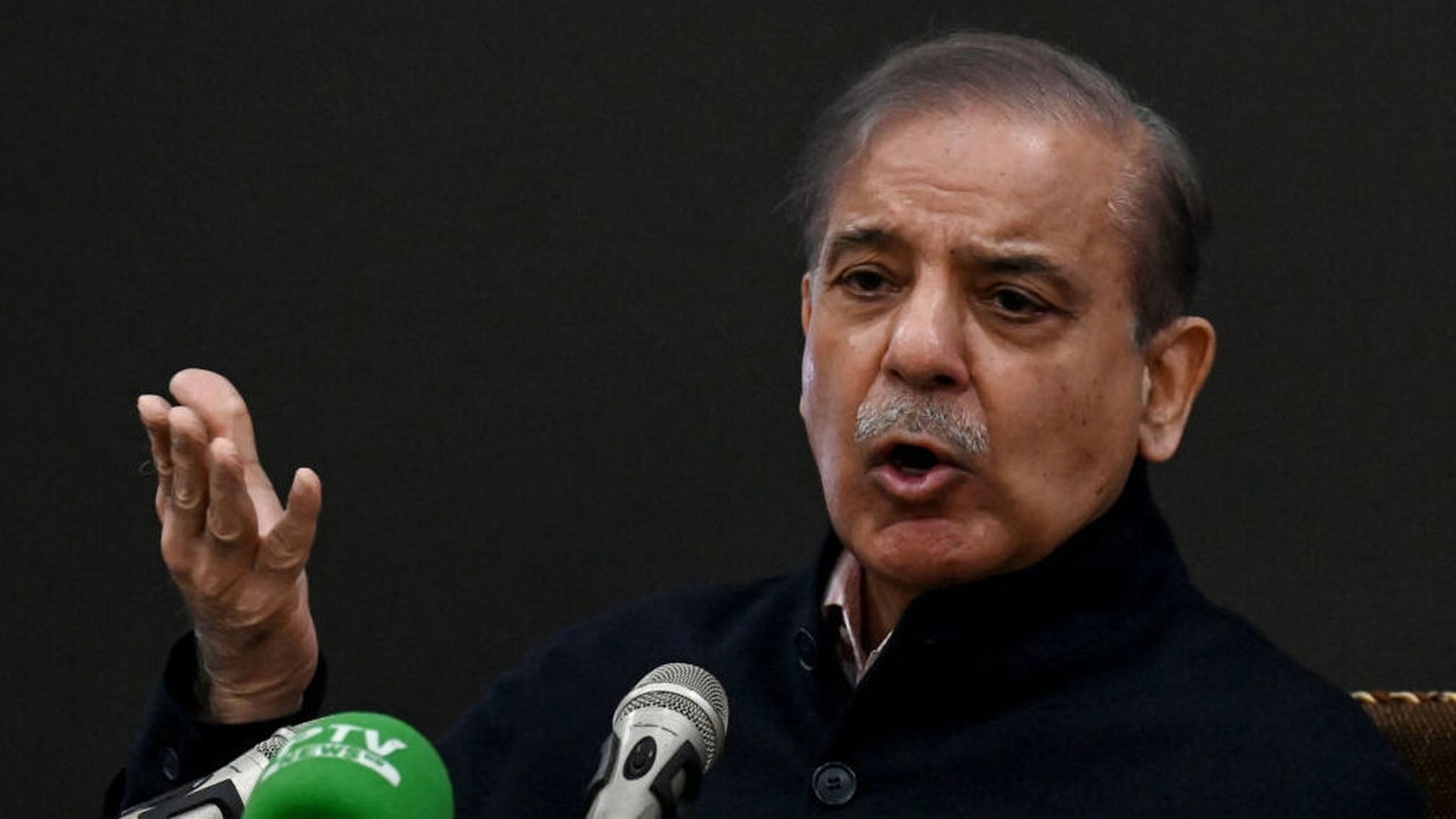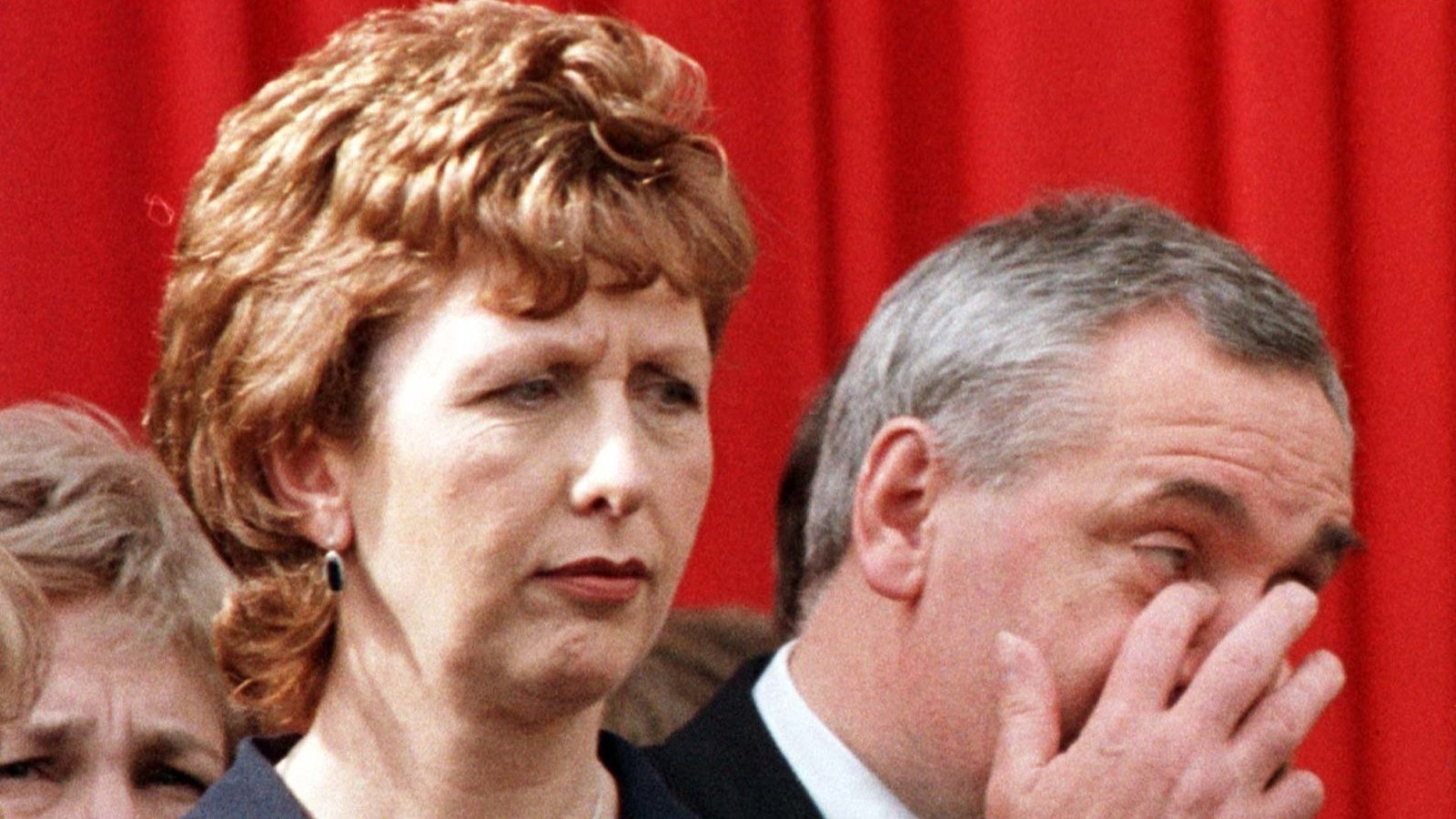Israel-Hezbollah tensions drive fears of growing Gaza war
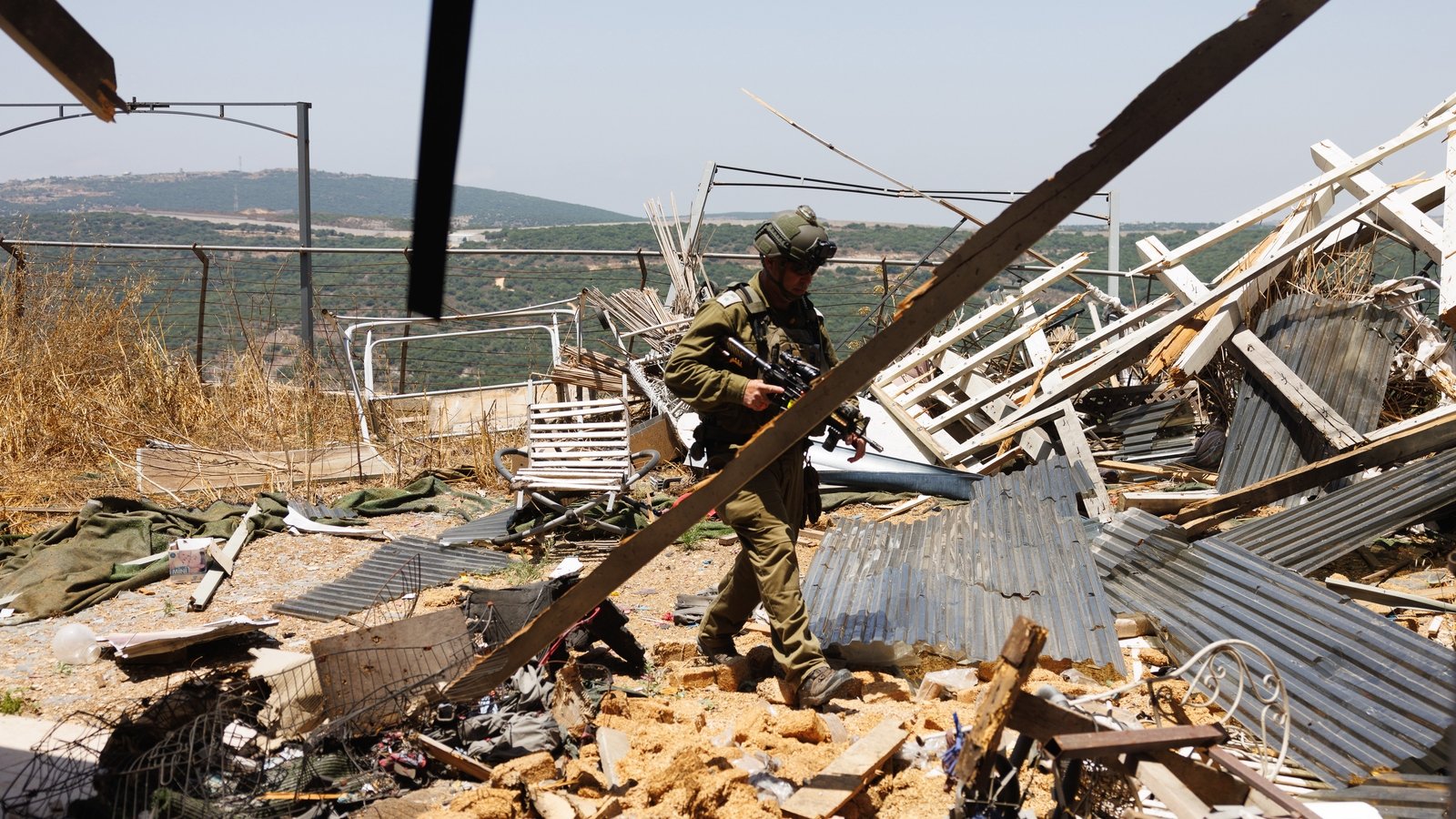
Fears of a regional war rose after Lebanon’s powerful Hezbollah movement said none of Israel would be spared in a full-blown conflict, and Israel said it had approved plans for a Lebanon offensive.
In the latest border unrest, Hezbollah said it fired dozens of rockets into northern Israel in retaliation for a deadly air strike in south Lebanon that Israel said killed a Hezbollah operative.
Experts are divided on the prospect of wider war, almost nine months into Israel’s vow to eradicate Hamas, the Palestinian militant group in Gaza.
Israel’s top military spokesman said Hamas, as an ideology, cannot be eliminated. Others, including US Secretary of State Antony Blinken, have also pointed to the difficulty of destroying the Islamist group.
Hezbollah and Israeli forces have exchanged near-daily fire since Hamas’s 7 October attack on southern Israel triggered the Gaza war, and aggression has lately escalated along with the strikes.
In a televised address, the secretary-general of Hezbollah Hassan Nasrallah said “no place” in Israel would “be spared our rockets” if war began.
The chief of the Iran-backed group also threatened the nearby island nation of Cyprus if it opened its airports or bases to Israel “to target Lebanon”.
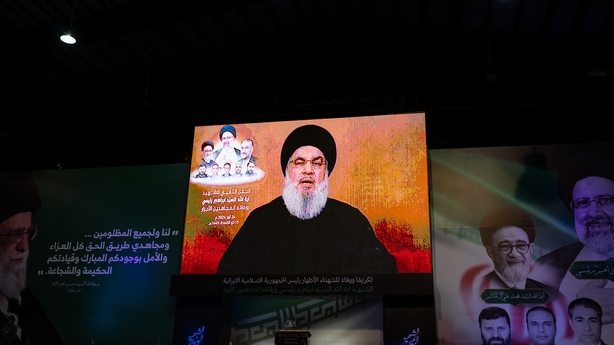
European Union member Cyprus is home to two British bases, including an airbase, but they are in sovereign British territory and not controlled by the Cypriot government.
The Cypriot government spokesman today dismissed as “totally groundless” any suggestion of possible involvement in a conflict related to Lebanon.
“Cyprus is not involved, nor will it become involved, in any military conflicts,” Konstantinos Letymbiotis told state radio.
Warplanes from the British airbase in Cyprus have, along with US forces, carried out reprisal strikes against Yemen’s Iran-backed Houthi rebels who have for months been attacking shipping in adjacent waterways.
‘Urgent’ de-escalation
The US military yesterday said its forces destroyed two Houthi sites in Yemen.
The Houthis and Hezbollah both say they are acting in response to Israel’s actions in Gaza.
The same day, Hezbollah published a video showing drone footage purportedly taken by the movement over northern Israel, including parts of Haifa’s city and port.
US envoy Amos Hochstein has called for “urgent” de-escalation.
The cross-border violence has killed at least 479 people in Lebanon, most of them fighters but also 93 civilians, according to an AFP tally.
Israeli authorities say at least 15 soldiers and 11 civilians have been killed in the country’s north.
Weary residents of Beirut on Thursday downplayed the chances of war in Lebanon, which a political deadlock has left essentially leaderless while a five-year economic meltdown continues.
In Israel, some citizens called for action against Hezbollah, and Noam Galili, 29, said: “I know what it is like to live close to Lebanon, but it never felt as dangerous as it does now.”
Pressures
The violence has already displaced tens of thousands of people, mostly in Lebanon but also in northern Israel.
In southern Gaza, a United Nations mission found hundreds of thousands of displaced people “suffer from poor access to shelter, health, food, water and sanitation,” a UN report said.
In central Gaza, residents said they had turned to cooking oil to power their cars.
US President Joe Biden has called for the implementation of a ceasefire plan he outlined last month.
Amos Hochstein and Washington’s top diplomat, Antony Blinken, say a deal to curb fighting in Gaza would by extension help resolve the Hezbollah-Israel violence.
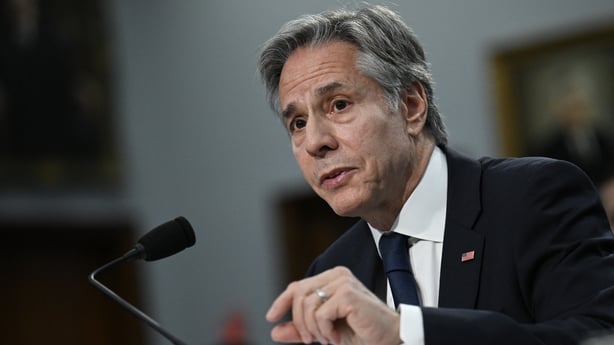
Israeli Prime Minister Benjamin Netanyahu’s far-right coalition partners strongly oppose a Gaza ceasefire.
He is also facing regular street protests by tens of thousands demanding a deal to free the hostages, and accusing him of prolonging the war.
The Israeli military spokesman, Rear Admiral Daniel Hagari, told Israel’s Channel 13: “To say that we are going to make Hamas disappear is to throw sand in people’s eyes. If we don’t provide an alternative, in the end, we will have Hamas.”
He said, “Hamas is an ideology. We cannot eliminate an ideology.”
Mr Blinken last month said Washington had not seen an Israeli post-war plan and “the trajectory Israel is on” would still leave thousands of Hamas fighters.

